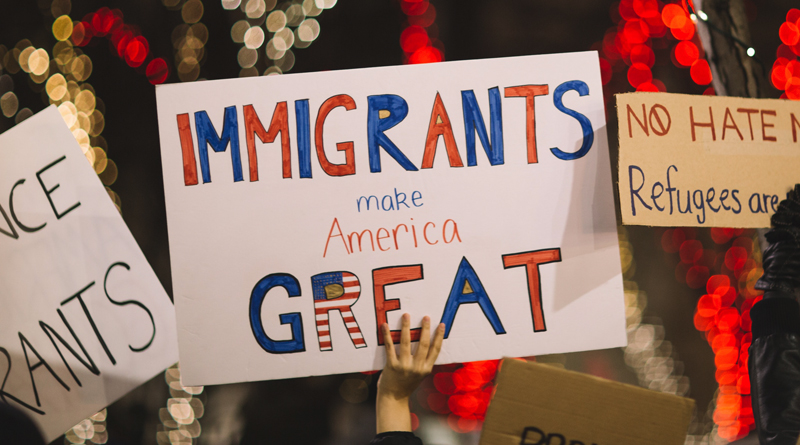
Although each word, phrase, and sentence were completely different; there was a steady flow for each category in order to create a "bigger picture."
- Words: foundation, school, shape -- literacy, education, schooling -- equalizer, wealthy, textbooks
Having a solid foundation not only prepares and shapes you for school and the outside world, but it also provides knowledge no one can take away from you. One does not just go to school to find a job, but to become wiser and an "educated citizen."

- Phrases: (1) free common school: the most American thing about America, (2) were required by law to build schools, (3) local control by elected school committee, (4) all citizens have an obligation, (5) freedom struggle, (6) effective education for the 21st century, (7) the educated citizen, (8) the great balance wheel of the social machinery, and (9) "Blue back speller"
- Sentences: (1) "Jefferson had received the type of education available only to the wealthy of his time." (2) "Immigration swelled... these factors formed the necessary preconditions for the creation of public schools." (3) "It is a free school system, it knows no distinction of rich and poor... it is the equalizer of their conditions of men, the great balance wheel of the social.
A total of nine interesting sentences, but only three really hit home run for me. Beginning with the first sentence, as mentioned before, education was only available to those who could afford it; however, the Common School changed that! Depicted throughout history, immigration is very common in America. Some immigrants will flee from their native home due to violence, but there are others who know America will provide them (and their children) an education not found anywhere else. Throughout history, the creation of public schools were free to the public, not dismissing anyone based off of their income.


No comments:
Post a Comment